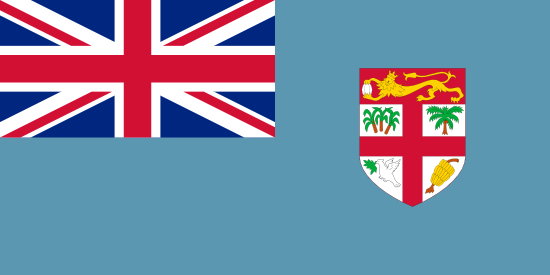
Health Insurance in Fiji, Oceania
Information expatriation
Capital City: Suva
Total area: 18,274 km2
Population: 827,900 (2007)
Money: Currency Converter
Time Zone: List of time zones by country
Calling Code: +679 XXX
Practical Information:
Health Product: Travel Insurance and Health insurance
Health Insurance information and Sanitary Risk: World Health Map
BLOG: Expat Health insurance Information
Here is a brief description of the healthcare system in the country:
· Fiji has a dual public-private healthcare system. The public system provides universal coverage for Fijian citizens and permanent residents through clinics, health centers and larger hospitals.
· However, facilities and resources are often limited, especially in rural/outer islands. Wait times can be long and quality inconsistent.
· Most expats use the private system which includes private healthcare providers, insured medical practices, and international standard hospitals and clinics in major cities.
· It's important for expats to have comprehensive private international medical insurance. Insurance accepted locally includes HBF, OSHC, and others.
· Registering with an accredited private doctor is recommended for primary and chronic care needs.
· In emergencies, expats can access public ERs but may face out-of-pocket costs depending on insurance. Medical evacuation is often required for serious issues.
· Healthcare costs are relatively high compared to wages. Expats should budget carefully for medical expenses and insure against uncovered costs.
· Resources vary by specialty. Check insurance coverage details for certain procedures/treatments. Satellite clinics may be needed overseas.
Here are some key health considerations for expatriates living in the country:
· Bring adequate supplies of any prescription medications, as availability through local pharmacies can be limited. Carry copies of prescriptions.
· Monitor air/food quality and strict water safety in some areas as gastrointestinal illnesses are common. Take appropriate precautions.
· Be aware of risks for tropical diseases like dengue fever and zika virus. Use insect repellent and cover skin when outdoors, especially during rainy season.
· Consider health risks of natural disasters like tropical cyclones which can disrupt medical services. Have an evacuation plan.
· Learn basic medical terms in Fijian languages if living rurally to aid communication, though English is widely understood.
· Supplement home country coverage with evacuation insurance given limited intensive care abroad. Evacuation may be required for serious/complex issues.
· Seek immunizations for routine and required vaccines like hepatitis, typhoid, and consider malaria prophylaxis depending on location.
· Monitor political stability closely as unrest could impact operations of private medical facilities or evacuation access.
